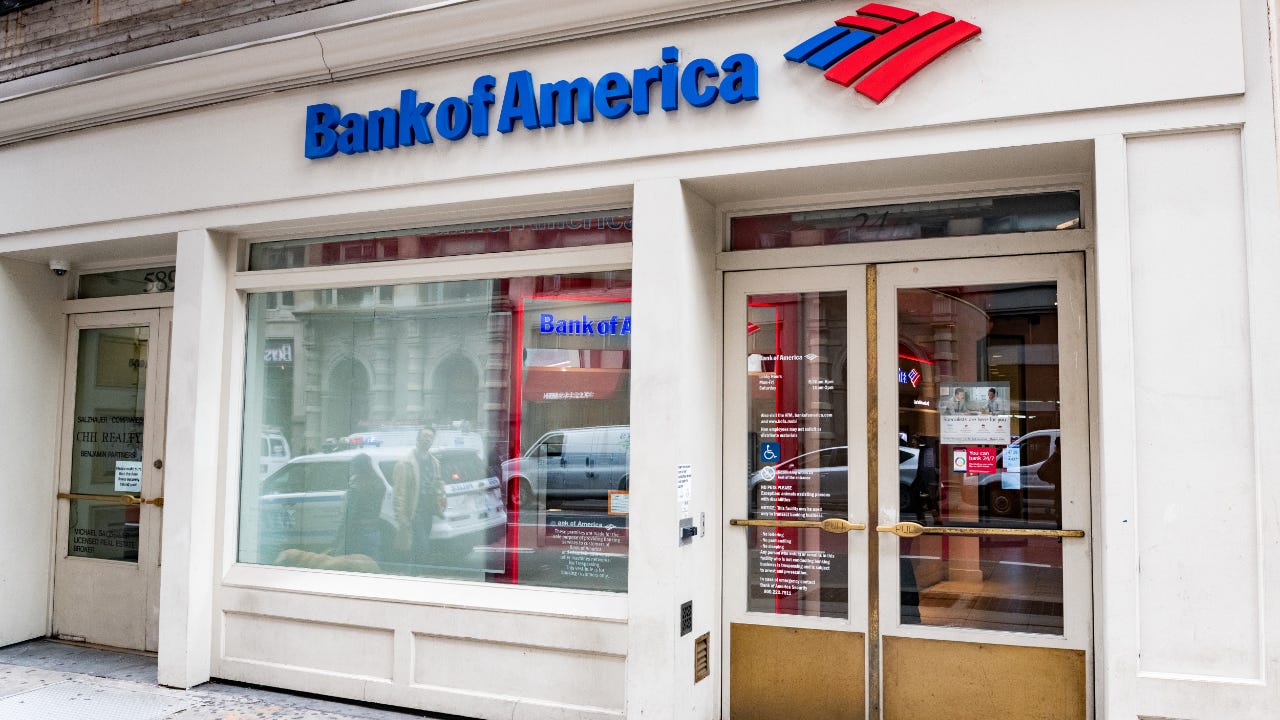Bank of America latest and biggest bank to drop NSF fees

Bank of America has become the latest — and largest — bank to remove its nonsufficient funds (NSF) fee and reduce its overdraft fee.
Bank of America customers will no longer be charged an NSF fee starting in February and the overdraft fee will decrease to $10 in May from $35, according to a news release Tuesday.
The move builds on a trend of banks eliminating or reducing overdraft fees.
“Reducing the overdraft fee from $35 to $10 blazes a trail for other banks to follow,” says Greg McBride, CFA, Bankrate chief financial analyst. “Don’t be surprised if this unleashes a parade of similar announcements in the weeks ahead.”
Bank of America also is getting rid of the fee charged for overdraft protection through its Balance Connect linked accounts program in May.
Overdraft fees are costly for consumers
Bankrate’s 2021 checking account and ATM fee study found that the average NSF fee was $33.58.
“The most common overdraft fee industrywide is $35, which packs a punch that predominantly hits younger and lower income households,” McBride says. “For the small share of account holders that generate repeated overdrafts, the wind is blowing in your direction and a broader trend of relief on overdraft fees is afoot.”
Other overdraft announcements
Here are some of the recent changes that banks have made regarding overdraft fees:
- Capital One said in December that it would eliminate overdraft fees early in 2o22.
- Ally Bank said in June it would no longer charge overdraft fees.
- Last year, Chase increased its overdraft threshold for the business day to $50.
- In November, Santander Bank said that it was increasing its overdraft threshold to $100.
Learn more:
- What is an overdraft fee and how do you avoid them?
- What is overdraft protection?
- 8 ways to avoid monthly checking fees
Why we ask for feedback Your feedback helps us improve our content and services. It takes less than a minute to complete.
Your responses are anonymous and will only be used for improving our website.






